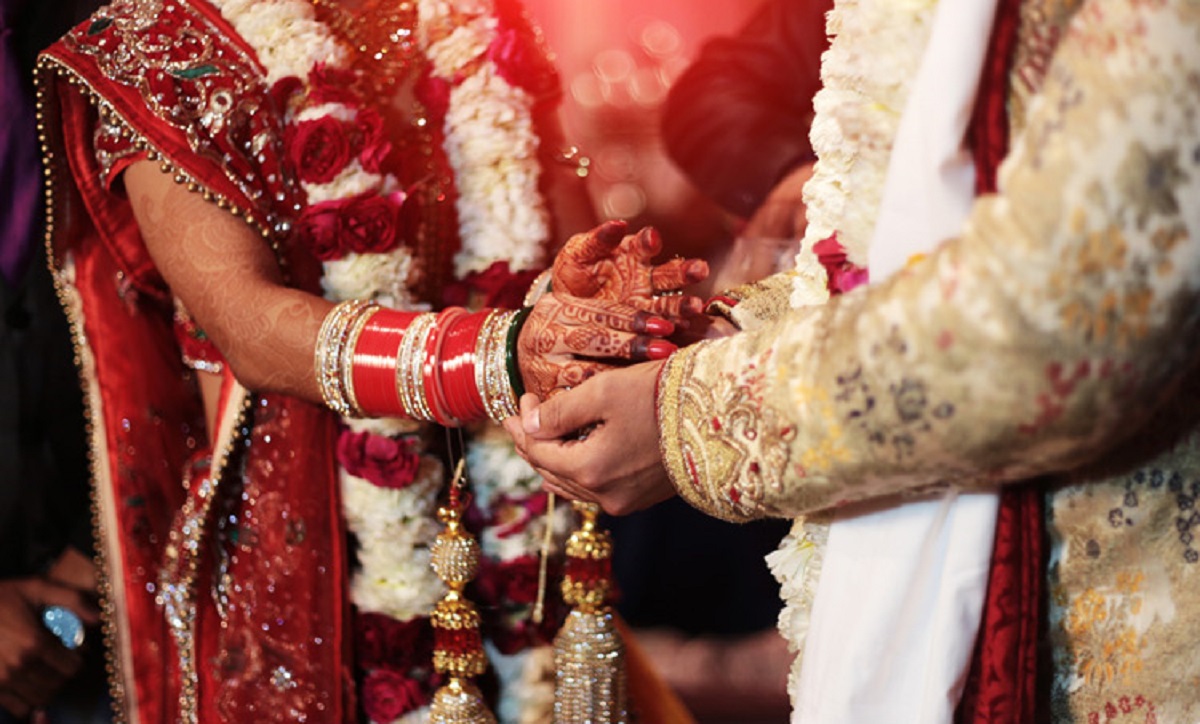Raising legal age for marriage for women in India: Here's why it's bad news for women

While worry over early marriage is a start in the right direction, legislative action on the subject is equivalent to addressing symptoms rather than the underlying factors.
Suchitra | TwoCircles.net
NEW DELHI — The government of India has tabled a law to raise the legal age for marriage for women to 21 years. The Indian government’s rationale behind this move is to address issues like maternal mortality, child marriage etc. Although this move is being lauded by many, observers and critics note that it is a "very superficial move at best and counterproductive at worst."
While worry over early marriage is a start in the right direction, legislative action on the subject is equivalent to addressing symptoms rather than the underlying factors. A variety of causes, including deep-seated gender inequality, regressive societal standards, financial instability, a lack of spending on quality education for women, and career possibilities for women; all contribute to the prevalence of early and forced marriages. The cabinet has also forgone the Jaya Jaitly-led task force's proposals on including sexuality education into the school curriculum, as well as investment in skill development, business training, and livelihood enhancement for women.
India’s healthcare systems have always been extremely inaccessible to women, especially women from marginalised sections. Studies show 53% of women in India are anaemic. In 2016, India ranked 170 out of 180 countries where women suffer from anaemia. India spends a dismal 1.6% of its GDP on its healthcare programs.
There is virtually no public expenditure or plans by the government to address large-scale nutrition, education and healthcare gender gaps that have grown wider due to the pandemic.
The ruling BJP government’s flagship scheme “Beti Bachao, Beti Padhao” has 80% of its funds being used up in advertising, leaving only 20% for actual usage. It is proven that investing in a girl child’s education and nutrition is what truly delays marriage.
There are very few gender-based social security systems, especially those targeted at health or nutrition. The National Food Security Act (NFSA) demands that pregnant and lactating women must be given a cash transfer of ₹6,000 annually. The Modi government subverted the NFSA and replaced it with the Pradhan Mantri Matru Vandana Yojana scheme that reduces the amount of this transfer to ₹5,000. The government’s budget for 2020-21 also drastically reduced the amount allotted to the scheme by 48 per cent.
“Early marriage has societal sanction and is ironically seen as a solution by the communities, not a problem,” Poonam Muttreja, Executive Director of Population Foundation of India said.
“Considering the patriarchal structure of Indian society, early marriage is a symptom and not a root issue. The government should have rather stressed upon better health-care, education and financially empowering women to curb the problem of early marriages than to kill their autonomy whatsoever they happened to achieve after struggling,” said Anjali Rai, an anti-caste gender justice activist, who handles communications at National Campaign on Dalit Rights.
“While we undoubtedly need to work hard to implement laws around child marriage and ensure girls get married post the legal age, we must also work towards addressing the root causes behind early marriages. The way to tackle the menace of early marriage is to provide girls with equal opportunities to fulfil their dreams and aspirations in addition to bringing an attitudinal change among communities,” she said.
The age of marriage was increased from 16 to 18 in 1978 to provide better opportunities for women’s education and improve their health. However, the latest National Family Health Survey (NFHS 5 2019–’21) has child marriages at 23%.
In a society so stringent about honour, and so strict about caste divides, victims of familial violence in cases of inter-caste or inter-faith marriages have the recourse of justice many times because they aren’t minors. “The women in inter-caste relationships will be affected a lot. In many cases, women after eloping with their respective partners or in cases of domestic violence, are falsely proved minors, thereby rendering their marriages illegal. The act will coerce such women to endure the domestic violence and surrender to the forces that inflict such violence,” Anjali comments.
As of now, the government is more interested in a carceral brand of policing women rather than a holistic approach, investing in girls’ education, access to information and services on sexual and reproductive health, mental health and nutrition services for women and girls, especially those from the most marginalized communities.
Suchitra is an independent journalist working on social justice, focusing primarily on gender justice. She tweets at @Suchitrawrites
